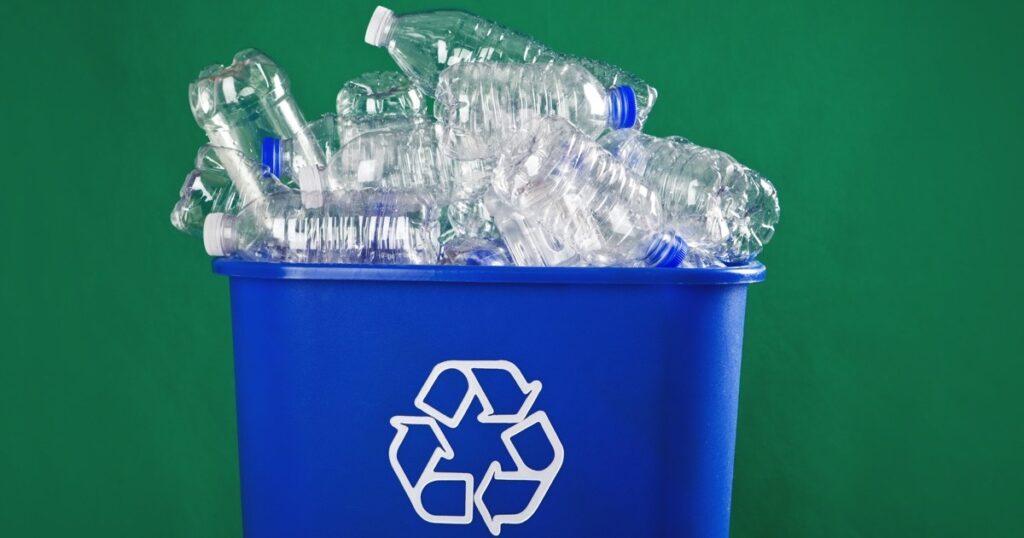Disposing of the waste from a huge building project or a home remodelling is always the final step. Even small firms must have a system in place for disposing of their waste.
Dumpsters are a great way to get rid of waste before it ends up in a landfill because of their portability and size. For dumpsters, there are various options that differ in how they are loaded, how much debris they carry.
Dumpsters For Business Use
At restaurants, petrol stations, and parking lots, you’ll see commercial dumpsters in plenty. On a regular basis, these dumpsters are rented, and the trash & debris is taken away by dump trucks.
The lid of a business dumpster is designed to decrease odors, deter pests, and protect the environment. Commercial dumpsters can be divided into two groups. Read also USA’s Air Pollution.
Front Load Dumpster
In keeping with the name, the dumpster is loaded from the front of the truck. Trash cans commonly include a slanted top to facilitate easy disposal. A dump truck’s prongs can be inserted into slots on either side of the container, allowing it to be raised over the truck’s head.
Front-load dumpsters, which can hold 2 to 8 cubic yards of rubbish, are a convenient option for disposing of daily trash because of their compact form and slanted front.

Rear Load Dumpster
Backload dumpsters, on either hand, feature an inclined back and extendable poles. A hinge & winch mechanism dumps the container’s contents into a truck. To dump the rubbish, the truck uses a manual hookup with the back load dumpster and raises the dumpster manually.
Dumping rubbish into rear-load dumpsters is more challenging because of the tilt at the back. However, their taller shape allows them to squeeze into tight locations and hold more rubbish.
Construction Dumpster
In the construction industry, a construction dumpster has been the most typical container. It is common for businesses to rent these enormous, open-topped dumpsters on a short-term basis.
Roll-off dumpsters are another name for construction dumpsters, which are so named because of the wheels on bottom that make them easier to transport. Building renovation, demolition, roof tear-off, and yard garbage all benefit from the 10- to 40-cubicyard capacity these roll-off containers provide.
Additionally, there are dumpsters specifically made for construction waste. Yard waste & soil compound removal go in a dirt trash, whereas brick, clean concrete, and asphalt go in other dumpsters.
Residential Dumpster
Unlike construction dumpsters, which are used for commercial projects, residential dumpsters are used for home improvement jobs such as decluttering, cleaning out the house, removing rubbish, and replacing flooring. They’re rented for a short period of time and picked up when they’re full, just like construction dumpsters.
In terms of storage capacity, residential dumpsters range from small “low boy” 10-yard containers for dirt trash to huge “dumpster trailers” that are driveway-safe.





